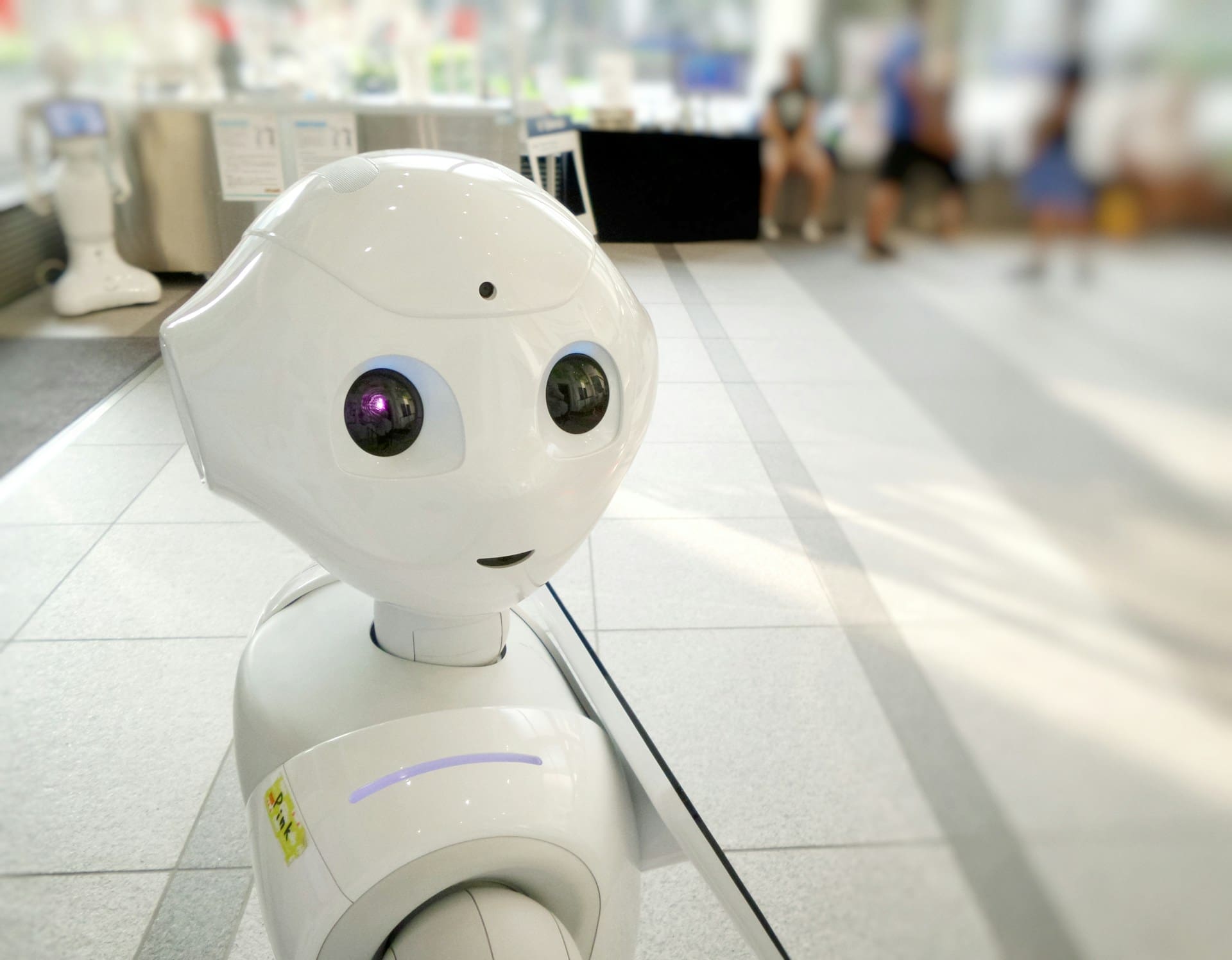By Euronews
See original post here.
The rise of artificial intelligence (AI) will impact 60 percent of jobs in advanced economies and some emerging markets around the world, according to International Monetary Fund (IMF) Managing Director Kristalina Georgieva.
Shortly before leaving for the World Economic Forum (WEF) in Davos, Switzerland, on Sunday, the IMF chief warned against the massive consequences the increased use of AI could have on the global labour market, deepening inequalities and leaving millions out of work.
“Your job may disappear altogether – not good – or artificial intelligence may enhance your job, so you actually will be more productive and your income level may go up,” she said in an interview with AFP in Washington.
According to Georgieva, the impact will be slightly less in emerging markets, where 40 per cent of jobs would be impacted. In low-income countries, this number goes down to 26 per cent.
These estimates can be found in an IMF report that says that half of the jobs will be negatively impacted by AI, while the rest might benefit from the introduction of the new technology.
”For the other half, AI applications may execute key tasks currently performed by humans, which could lower labour demand, leading to lower wages and reduced hiring. In the most extreme cases, some of these jobs may disappear,” Georgieva writes in the report.
“In emerging markets and developing economies AI is likely to have less beneficial impact – something which could exacerbate the digital divide and cross-country income disparity,” according to Georgieva.
Older people are also expected to suffer the most from the impact of AI.
This is the time to introduce new policies addressing these existing concerns, according to the IMF chief, like social safety nets and retraining programmes.
“We must focus on helping low-income countries in particular to move faster to be able to catch the opportunities that artificial intelligence will present,” she said.
“In other words, embrace it, it is coming. So, artificial intelligence, yes, a little scary. But it is also a tremendous opportunity for everyone”.
The topic of the impact of AI on jobs is expected to be high on the WEF agenda in Davos.


















